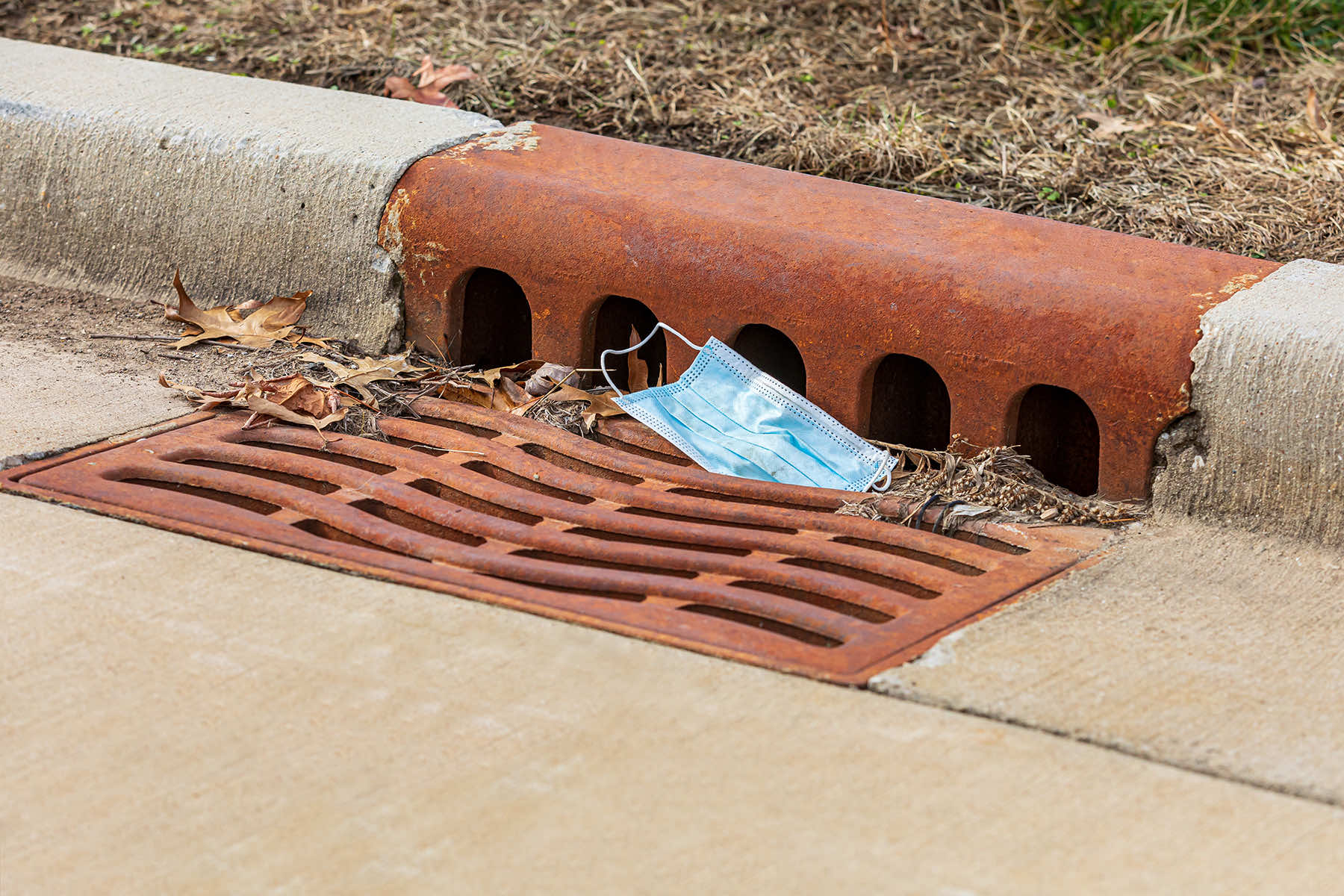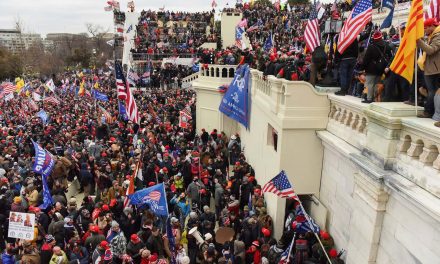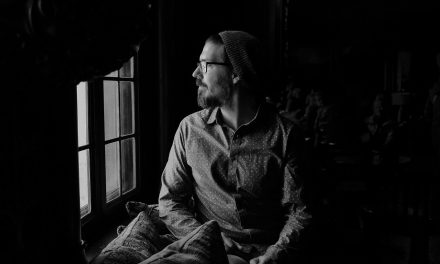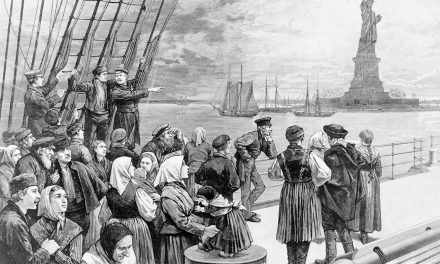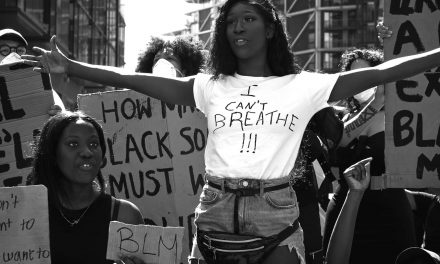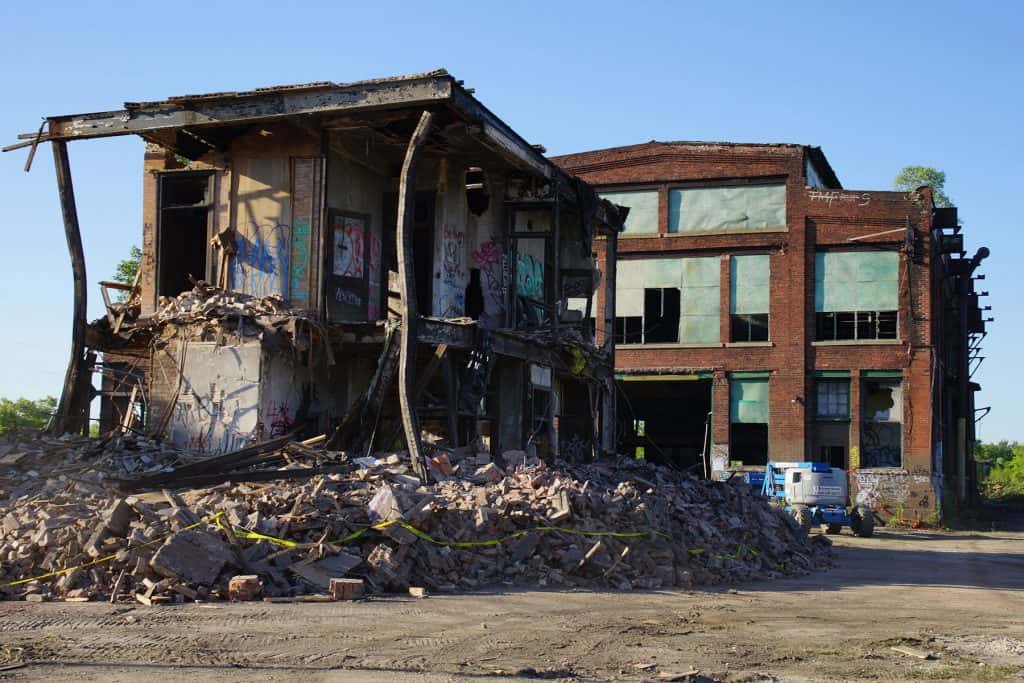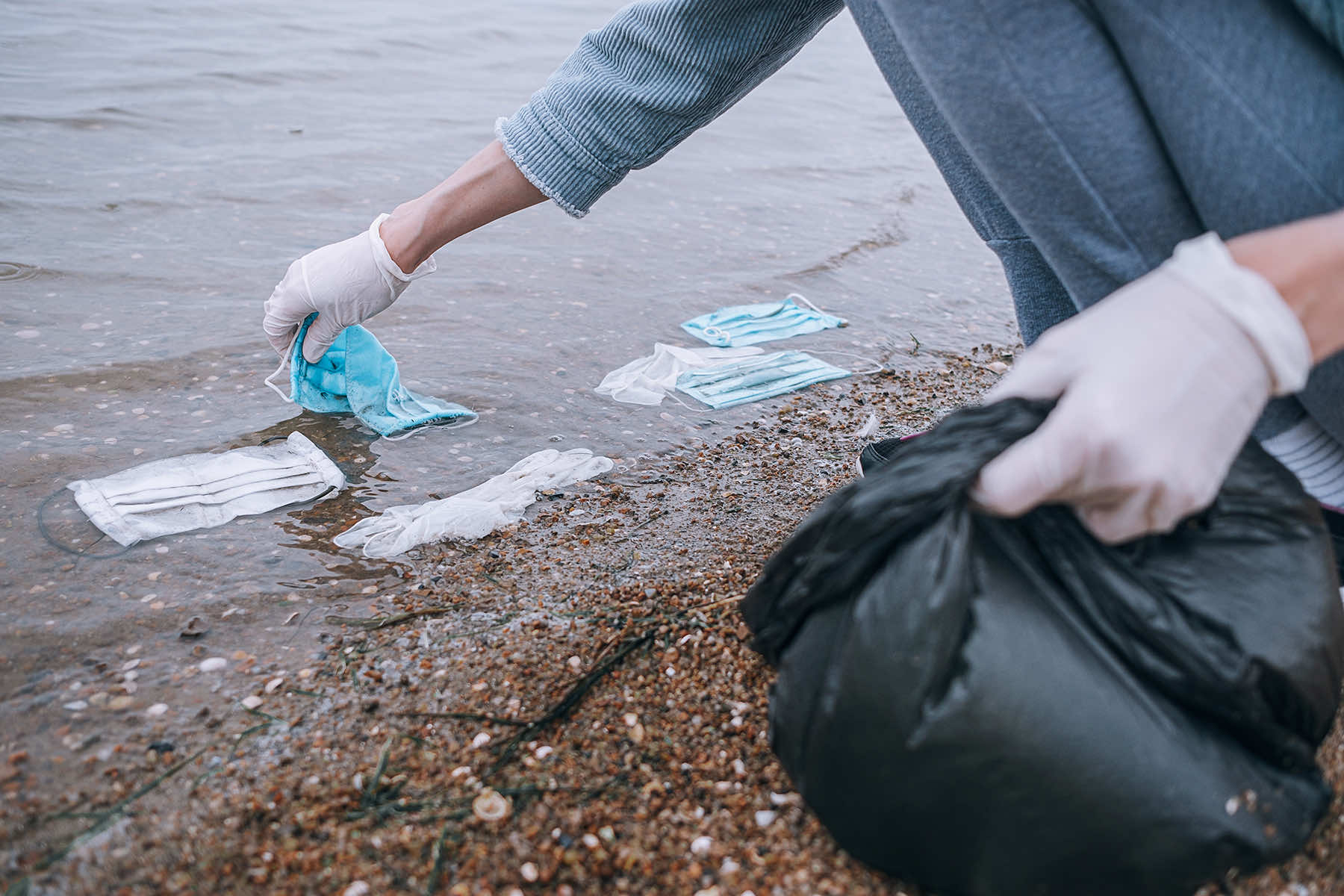
What do you remember about the first days of the pandemic? I remember going to three grocery stores with a rising sense of dread as the shelves became more and more bare.
I remember the disorienting uncertainty as our routines were interrupted and our normal imploded. I remember looking everywhere for bread and the bread was gone, so I learned to bake bread — and then could not find flour or yeast.
I remember feeling like everything was shifting, that nothing felt stable. I also remember that I thought things were going to be different now.
We know the numbers associated with the last three years: over three-quarters of a billion cases worldwide, nearly seven million deaths. One hundred million cases in this country, with more than one million dead. As tragic as those numbers are, perhaps that isn’t the worst part. The worst part may be what cannot be as easily measured: the relational fallout.
The sad reality is that the last three years (as all crises) have been an unprecedented opportunity for us to be transformed. We had a chance to become a better version of our nation and we failed to become that. In what could have been a teachable moment, what we learned was how fundamentally broken we are.
Collectively we have fallen to the occasion. We have wasted this pandemic.
As a result of the last three years, we should have discarded our surface differences and remembered our deeper commonalities. We could have transcended the self-erected barriers of politics and religion and moved from competition and into collaboration.
But that hasn’t happened, has it?
Inexplicably, America somehow managed to become more fractured and less unified while we having experienced universal trauma. As infectious and pervasive as it has been, this virus has proven not be our greatest sickness.
Our tribalism has deepened, our prejudices become more pronounced, and the gaps between us have widened — which makes the stratospheric loss of life more wasteful than it would be had we been moved to decency by it all, were we grieving it properly, were we positively renovated as a result.
It hasn’t always been like this. Enduring catastrophe used to leave us better. We used to be able to find unity in tragedy. In past times of national consequence — world wars and terrorist attacks and national disasters — we have been catalyzed into solidarity as a people or at least been forced to have difficult conversations. The suffering has often driven us to one another, burning away the surface impurities of preference and affinity group, yielding something more refined and beautiful than before.
So, how have we become this divided?
I’m not sure we became anything in the last two decades that we weren’t before but I believe we have had ourselves revealed. Our hidden ugliness was uncovered by our political system. In 2008 we elected our first African-American president. This overjoyed people who saw it as a marker of the arc of our moral universe bending toward justice here.
We witnessed progress in healthcare and marriage rights and women’s rights, and with all of these apparent victories many of us slowly began to falsely feel that everything was trending upward and we may have gone to sleep a bit. Gradually, in ways we can quantify or perceive, many of us began to be lulled into complacency or at least we started to lose the urgency we once had.
Which is problematic, because this same president’s arrival infuriated people whose intolerance for diversity could not abide being led by a person of color. With everything the evolving legislation and changing demographics made them feel was happening to them and the country they perceived as their birthright — they grew furious.
And as his presidency unfolded, a network of religious institutions, politicians, and media networks began working overtime to undermine the systems set in place to allow democracy to flourish. They hoped for the conditions to be right to be able to coalesce around a figure who could embody the bigotry, fears, phobias, and the desire to control that they trafficked in and profited from — and in 2016 they found those conditions and that person.
And suddenly, everything became a battleground: the Southern border, public bathrooms, Starbucks coffee cups, prayer in schools, class curricula, books about history. And with a person in power who required complete all-or-nothing devotion and with a collection of leaders who had no interest in the law or in accountability, the virus arrived at the worst possible moment it could have: when we were most vulnerable to schism.
And so, there were denials about the existence and the severity of the virus. There were protests against school closings and masks and social distancing and vaccines. Over the past three years we have seen the elimination of objective reality, the rejection of expertise and education, the widespread embrace of unthinkable conspiracies.
Every single day since the virus arrived we were pulled into incessant culture wars and given very little space in the middle where we could live in complexity and nuance. It was and has been: are you with me or against me? And even those of us with a genuine desire to coexist with reasonable difference have had to choose sides because the center has either been silenced or disappeared or grown too exhausted to sustain their energy.
Extremism has caused tribalism to become the norm.
And that’s a bit of the frustration now: we can’t figure out how to change what we’ve become, because so much of it is beyond our control or seems to be. So, what can people of faith, morality, and conscience do? How can we change something that feels so impossibly permanent?
We can’t necessarily change the systems that divide us. Unity is likely not going to come through our the lion’s share of our politicians or religious leaders or media outlets. It’s going to be up to us.
What we can do, is to fight this schism in the close and small spaces of our individual stories and in the communities that we do have the ability to alter, in the circles of influence where our voices carry.
We can each remember the two weapons we always have in the fight against tribalism: proximity and agency. We have availability and we have who we show up as in those opportunities.
May we do all we can to make sure we haven’t wasted the losses and the lessons of this disaster.
John Pavlovitz
J.J. Gouin and Mikhaylovskiy (via Shutterstock)
The original version of this Op Ed was published on johnpavlovitz.com
John Pavlovitz launched an online ministry to help connect people who want community, encouragement, and to grow spiritually. Individuals who want to support his work can sponsor his mission on Patreon, and help the very real pastoral missionary expand its impact in the world.

